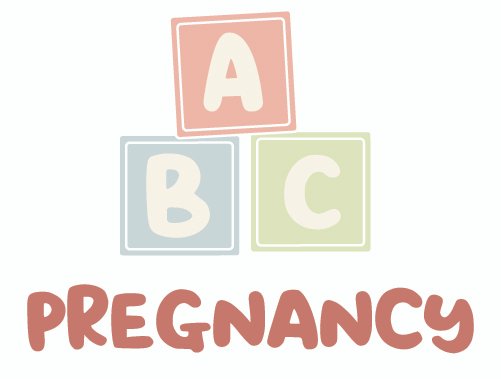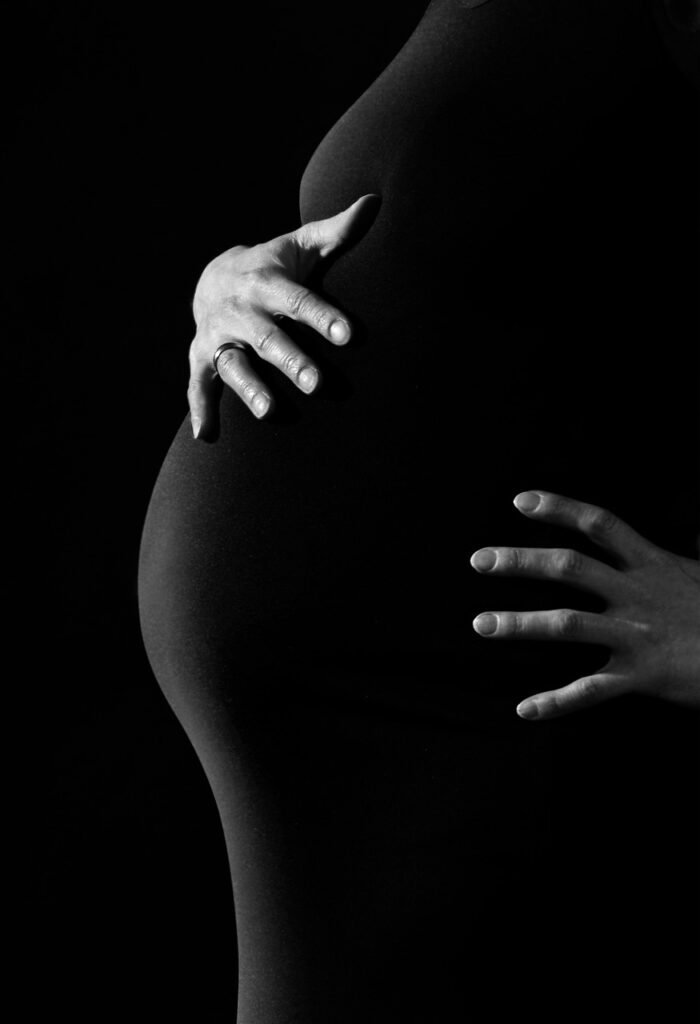The Impact of Maternal Age on Pregnancy Complications
is not medical advice. Please consult a physician about any of your pregnancy questions and concerns.
Maternal age is an important consideration, during pregnancy and something you should discuss with your medical team. From the physical and emotional aspects to the potential risks and complications, maternal age plays a crucial role in shaping the course of pregnancy. Below, we will cover some of the effects of maternal age on pregnancy, highlighting the unique challenges and considerations faced by women at different stages of life.
Understanding Maternal Age: A Spectrum of Experiences
Maternal age refers to the age of a woman at the time of conception or childbirth. While women of all ages can and do conceive and carry healthy pregnancies, there are distinct differences in the pregnancy experience based on maternal age. Generally, maternal age is categorized into three main groups:
Young Maternal Age (Under 20): Women who conceive during their teenage years face unique challenges and considerations. Teenage pregnancies are often associated with higher rates of preterm birth, low birth weight, and maternal complications such as preeclampsia and gestational hypertension. Additionally, teenage mothers may encounter social and economic barriers that impact their ability to access prenatal care and support services.
Prime Maternal Age (20 to 35): Women in their twenties and early thirties are often considered to be at their prime reproductive age. Pregnancy during this time is typically associated with lower rates of complications and higher fertility rates compared to younger and older mothers. However, it is essential to note that individual factors such as overall health, lifestyle choices, and medical history can influence pregnancy outcomes at any age.
Advanced Maternal Age (Over 35): Women who conceive after the age of 35 are considered to have an advanced maternal age. While many women in this age group go on to have healthy pregnancies and babies, advanced maternal age is associated with an increased risk of certain complications, including chromosomal abnormalities such as Down syndrome, gestational diabetes, hypertension, and miscarriage. Additionally, fertility declines with age, making it potentially more challenging to conceive naturally.
Effects of Maternal Age on Fertility
Fertility is influenced by various factors, including age, hormonal balance, and overall health. While women are born with a finite number of eggs, the quality and quantity of these eggs decline with age, particularly after the age of 35. This decline in fertility is attributed to age-related changes in ovarian function, including a decrease in the number of viable eggs and an increase in chromosomal abnormalities.
As a woman ages, the likelihood of experiencing difficulty conceiving naturally increases. This may necessitate the use of assisted reproductive technologies such as in vitro fertilization (IVF) or the use of donor eggs to achieve pregnancy. While these treatments can be effective for women of advanced maternal age, they also come with their own set of challenges and considerations, including financial costs, emotional stress, and ethical concerns.
Pregnancy Complications Associated with Maternal Age
Advanced maternal age is associated with an increased risk of certain pregnancy complications, including:
Chromosomal Abnormalities: The risk of chromosomal abnormalities such as Down syndrome increases with maternal age, particularly after the age of 35. Prenatal screening tests such as noninvasive prenatal testing (NIPT) and amniocentesis can help detect chromosomal abnormalities and other genetic conditions early in pregnancy.
Gestational Diabetes: Women of advanced maternal age are at a higher risk of developing gestational diabetes, a condition characterized by elevated blood sugar levels during pregnancy. Gestational diabetes can increase the risk of complications for both mother and baby, including macrosomia (large birth weight), preterm birth, and preeclampsia.
Hypertensive Disorders: Advanced maternal age is associated with an increased risk of hypertensive disorders such as gestational hypertension and preeclampsia. These conditions can lead to high blood pressure, proteinuria, and other complications that may necessitate medical intervention to ensure the health and safety of both mother and baby.
Miscarriage: The risk of miscarriage increases with maternal age, particularly after the age of 35. Advanced maternal age is associated with higher rates of spontaneous miscarriage, often attributed to age-related changes in egg quality and chromosomal abnormalities.
Preterm Birth: Women of advanced maternal age are at a higher risk of delivering prematurely, before 37 weeks of gestation. Preterm birth can lead to a range of health complications for the baby, including respiratory distress syndrome, developmental delays, and long-term disabilities.
Psychological and Social Considerations
In addition to the physical risks and complications associated with maternal age, women may also face psychological and social challenges related to conceiving and carrying a child at different stages of life. For example:
- Social Stigma: Teenage mothers may encounter social stigma and judgment from peers, family members, and society at large. Negative attitudes towards teenage pregnancy can impact a young mother’s self-esteem, mental health, and support network.
- Financial Pressures: Women of all ages may experience financial pressures associated with pregnancy and parenthood. Young mothers may face economic instability and challenges related to completing their education, finding stable employment, and providing for their child’s needs. On the other hand, older mothers may encounter financial concerns related to fertility treatments, pregnancy complications, and the cost of raising a child later in life.
- Emotional Adjustment: Pregnancy can evoke a range of emotions, including excitement, fear, and uncertainty, regardless of maternal age. Young mothers may grapple with feelings of unpreparedness and anxiety about the future, while older mothers may navigate complex emotions related to fertility struggles, delayed motherhood, and the transition to parenthood later in life.
Conclusion
Maternal age plays a significant role in shaping the pregnancy experience, with distinct challenges and considerations at each stage of life. While pregnancy is a natural and transformative journey, it is essential for women to be aware of the potential risks and complications associated with conceiving and carrying a child at different ages. By prioritizing preconception health, seeking early prenatal care, and making informed decisions about fertility treatments and pregnancy management, women can optimize their chances of having a healthy pregnancy and a positive childbirth experience, regardless of age. Ultimately, every pregnancy is unique, and women should work closely with their healthcare providers to address their individual needs, concerns, and goals for family planning and parenthood.

